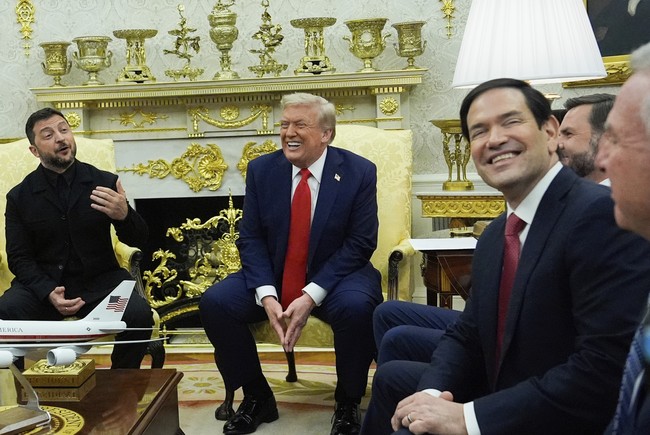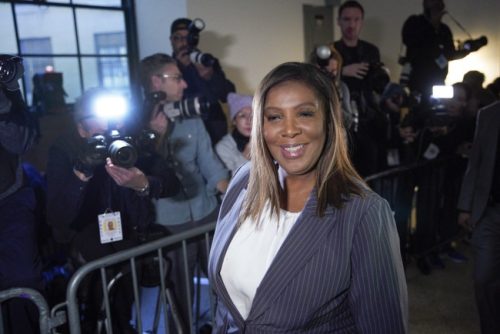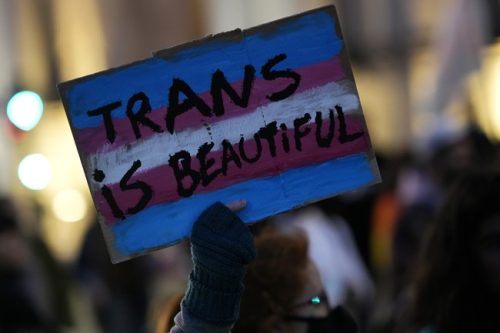Ukraine has reportedly accepted a peace proposal with Russia, and U.S. and allied diplomacy — plus a forthcoming presidential visit — are now central to finalizing the deal.
— TV News Now (@TVNewsNow) “Moments ago, we are learning into CNN from a U.S. official that Ukraine has agreed to a peace proposal with Russia. Saying only ‘minor details are outstanding,” said anchor Kate Bolduan.
“This as Ukraine’s President Zelenskyy though, says that more work needs to be done. Adding to the nuance here, in a post on X, Ukraine’s national security secretary writes that the delegations had ‘reached a common understanding on the core terms of the agreement discussed in Geneva,” Bolduan added.
Umerov wrote further, “Now we are counting on the support of our European partners in the next steps. We expect the organization of a visit by the President of Ukraine to the United States at the earliest possible date in November to finalize the final stages and reach an agreement with President Trump.”
We appreciate the productive and constructive meetings held in Geneva between the Ukrainian and U.S. delegations, as well as President Trump’s steadfast efforts to end the war.
Our delegations reached a common understanding on the core terms of the agreement discussed in…
— Rustem Umerov (@rustem_umerov) November 25, 2025
At least seven people were killed in Ukraine and three in Russia in overnight strikes, a grim reminder that talks are happening while lives are still at risk. Those losses add urgency to any deal and underline why negotiators say “minor details” matter before a truce is sealed.
The current crisis traces back to 2014 when Russia annexed Crimea and fighting flared in Donbas, and it exploded again with a full-scale invasion in February 2022. Those dates are not academic; they shape demands on security guarantees, borders, and sovereignty that negotiators must resolve.
On November 19, Secretary of State Marco Rubio said ending the war “requires an extensive exchange of serious and realistic ideas.” That line points to a negotiation track that is less about slogans and more about concrete compromises and enforceable terms.
Over the weekend, President Trump spoke with reporters outside the White House, telling them, “I would like to get to peace. It should have happened a long time ago. The Ukraine war with Russia should have never happened,” Trump said. “One way or the other, we have to get it ended.”
The involvement of the United States at this stage is decisive, and Republicans will push for a deal that protects American interests and strengthens allies without surrendering long-term security. That means insisting on monitoring, verification, and clear penalties for violations so any ceasefire or agreement holds.
Diplomacy now needs to move from headline claims to paperwork, timelines, and third-party guarantees that everyone can trust. European partners, NATO, and Washington must line up support and enforcement mechanisms to avoid a fragile peace that collapses into renewed conflict.
Domestic politics will complicate the final steps, because leaders who back an agreement must sell it to wary publics and skeptical legislatures. Still, the chance to end a decade of bloodshed and prevent further escalation is a moment Republicans should press to convert into durable security gains.
What happens next will hinge on visits, signatures, and the political will to make tough trade-offs in public view. Editor’s Note: Thanks to President Trump and his administration’s bold leadership, we are respected on the world stage, and our enemies are being put on notice.






